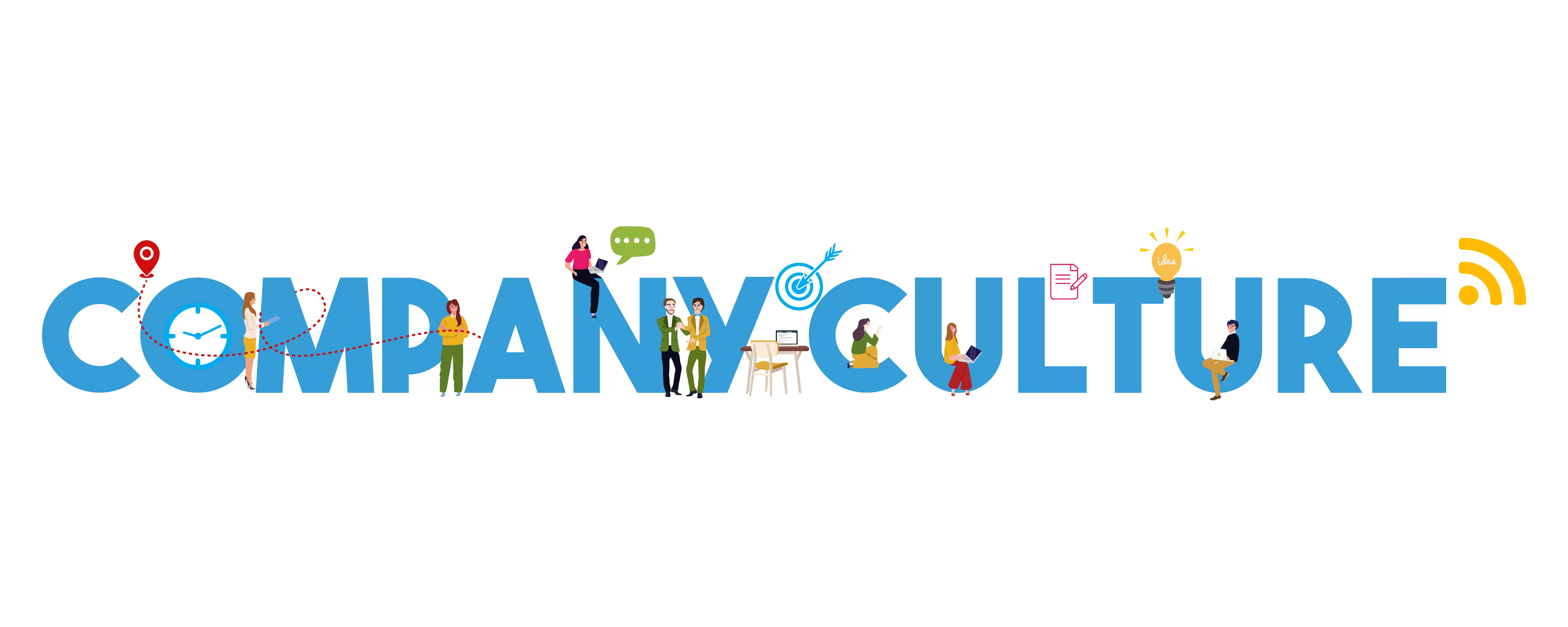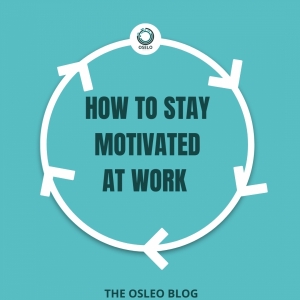
What does being Neurodivergent mean?
Neurodivergent is a term used to describe people whose neurological development and functioning differs from what is considered typical or "normal" by society. This includes conditions such as autism, ADHD, dyslexia, Tourette's syndrome, and others.
Being neurodivergent means that a person's brain functions, processes information, and communicates differently from the majority of people. This can result in a variety of strengths and challenges, as well as unique perspectives and experiences.
It is thought that about 15–20% of the population is neurodiverse. This includes up to 10% of people who are diagnosed with dyslexia, 6% with dyspraxia, 5% with ADHD and 1–2% with autism.
It's important to understand that having a neurodivergent personality is not a disadvantage or a bad quality. People who are neurodivergent can bring distinctive viewpoints and talents to the job, such as extraordinary attention to detail, outside the box thinking, and creative problem-solving skills.
The standard recruiting process may be a difficult and intimidating experience for many Neurodivergent people. For instance, it can be challenging to handle the flood of social cues and unstated expectations that frequently go with job interviews. As a result, despite having the talents and certifications required for success, many neurodivergent people are often overlooked or shut out of work opportunities. However, companies can help create a more welcoming and accepting environment for Neurodivergent people by making a few straightforward changes to the hiring process.
When posting a job:
Often, neurodivergent individuals may have difficulty understanding certain types of language or idioms. Therefore, when posting a job, it's important to use language that is clear, concise, and free of jargon or slang.
Start by taking a close look at them and making sure that the wording you choose to describe the skills and qualities needed for the position is straightforward and unambiguous. Avoid using terms that are confusing or disguised since it might mislead or put off applicants who are Neurodivergent.
Use different interview formats
Traditional interviews often focus heavily on social skills and small talk, which can be difficult for Neurodivergent individuals. You should consider using alternative interview formats, such as written or video interviews, that allow candidates to showcase their skills without being judged on their social skills or body language.
Companies may choose to use other interview forms that are more accessible to neurodivergent people in addition to textual or video interviews. For instance, some businesses have employed simulations or skills-based tests that let applicants show off their capabilities in a more real-world setting. Assessments of this nature might be particularly helpful for positions requiring specialised technical or analytical abilities.
Provide clear instructions
It's important to realise that neurodivergent people may struggle with executive function abilities including planning, time management, and task initiation. Without straightforward directions, these difficulties may make it difficult for individuals to perform pre-interview tests or assignments. Neurodivergent individuals often thrive in structured environments, so providing clear guidelines and expectations can help to reduce anxiety and allow them to focus on their strengths.
Be flexible
Neurodivergent individuals may have different sensory needs and may become overwhelmed by stimuli in their environment. For example, someone with autism may be sensitive to loud noises or bright lights, while someone with ADHD may have difficulty sitting still for long periods of time.
Companies may adapt the interview process to meet these demands in a couple of ways:
- Creating a calm and peaceful setting for the interview
- Allowing the use of sensory devices like noise-cancelling headphones or fidget toys
- Allowing candidates to wander around or take sensory breaks during breaks in the interview process
- Flexible schedule to meet the demands of the candidate
It's key to keep in mind that these modifications should be done individually and after discussing with the applicant. Also, companies should make sure that any modifications they make are fair and do not significantly change the job's requirements.
Provide feedback
After the interview process, giving candidates feedback after an interview can be very helpful for Neurodivergent people. Receiving feedback will assist them to recognise what they did well and where they need to improve because they may find it difficult to interpret the social signs and expectations in an interview. It might increase their self-assurance for future interviews and demonstrate the company's commitment to creating a welcoming atmosphere for all applicants. Feedback that gets delivered in a supportive and constructive way, pointing out areas for development while also praising their qualities. This might help the candidate to have good experience and feel more involved with the business.
By making these simple adjustments, companies can create a more inclusive and supportive environment for Neurodivergent individuals. Not only does this help to promote diversity and inclusion, but it also allows companies to tap into a highly skilled and often overlooked talent pool.
Why Culture Fit is Important

What is culture fit?
The phrase culture fit is widely used in the workplace, especially during the hiring process. It describes a person’s opinions, principles, and actions coincide with those of a certain business or organisation. For good reason, hiring managers frequently give priority to culture fit when choosing candidates. Culture fit can significantly affect a company's overall success.
Employee Engagement
Staff who are happy and feel valued in their environment are most likely to be 12% more productive. A positive cultural fit may improve work satisfaction and employee engagement. An employee is more likely to be inspired to work hard and make a positive contribution to the firm if they feel at home and like they belong there. On the other hand, if an employee feels alienated from or estranged from the corporate culture, they can stop caring and become less effective. In the end, this can hurt the business's bottom line.
Performance and Productivity
Better cooperation and teamwork can result from a strong cultural fit, which can also increase engagement and job satisfaction. Employees are more likely to work well together and communicate clearly when they hold similar values and views. This may lead to more creative and high-quality work.
On the other hand, if an employee does not fit in with the company culture, it can create tension and conflict within the team. This can lead to a breakdown in communication and a decrease in productivity.
Saff Retention
Retention of employees and corporate culture fit are connected since the latter has a significant influence on the former. Employees are more inclined to work for a firm long-term when they sense a connection to its culture and values. This is due to the fact that they have a feeling of community and purpose within the company, and their job seems more purposeful and rewarding.
It is important for companies to ensure that their culture aligns with the values and beliefs of their employees to foster a positive and productive work environment that encourages staff retention.
Brand Image
Ultimately, a solid cultural fit may support and uphold a company's excellent brand image. Employees are more likely to portray the firm favourably to clients and other stakeholders when they live up to the organisation's values and principles. This can enhance customer loyalty and help the business develop a solid reputation.
Employment loyalty
Employment loyalty refers to the degree of commitment and dedication an employee has towards their employer. The relationship between employment loyalty and an employee's tenure with a company is often closely linked. Employees who feel a sense of loyalty towards their employer are more likely to stay with the company for a longer period of time, as they are invested in the success of the organization. Additionally, loyal employees tend to be more engaged and motivated, which can lead to higher levels of productivity and job satisfaction
How to stay motivated at work
 Staying motivated at work can be difficult. This article is going to discuss some tips on how to keep yourself motivated and productive.
Staying motivated at work can be difficult. This article is going to discuss some tips on how to keep yourself motivated and productive.
Often distractions are unavoidable, whether that’s in the office or working from home. It is easier said than done to align your calendars with others so you are able to focus on your heaviest tasks when others around you are busy, or to say just book out a meeting room.
Timers
Timers are a massive helping hand when you are having to focus on more than one project at a time. This allows to dedicate a set amount of time to one project before working on the other without having to keep checking the time. Although some most people would advise not multitasking when overwhelmed, for some it's not an option.
Break down your tasks
It is completely normal to feel burnt out when you have X number of goals to achieve by a certain date. A good technique to break down tasks to make them more manageable is to set yourself a little task. By doing this you are not exceeding your own expectations and allowing yourself to only focus on completing one thing at a time.
Research is also work
Research is also progress, don’t be hard on yourself if you didn’t manage to write or complete X amount of work. Doing research on your project such as finding examples, inspiration, and structure is still progress. Although it does not feel like progress as it is not physical work that contributes to the content, having a full understanding of the project is imperative; therefore, any research which allows you to complete this project to your best ability is essential and necessary.





